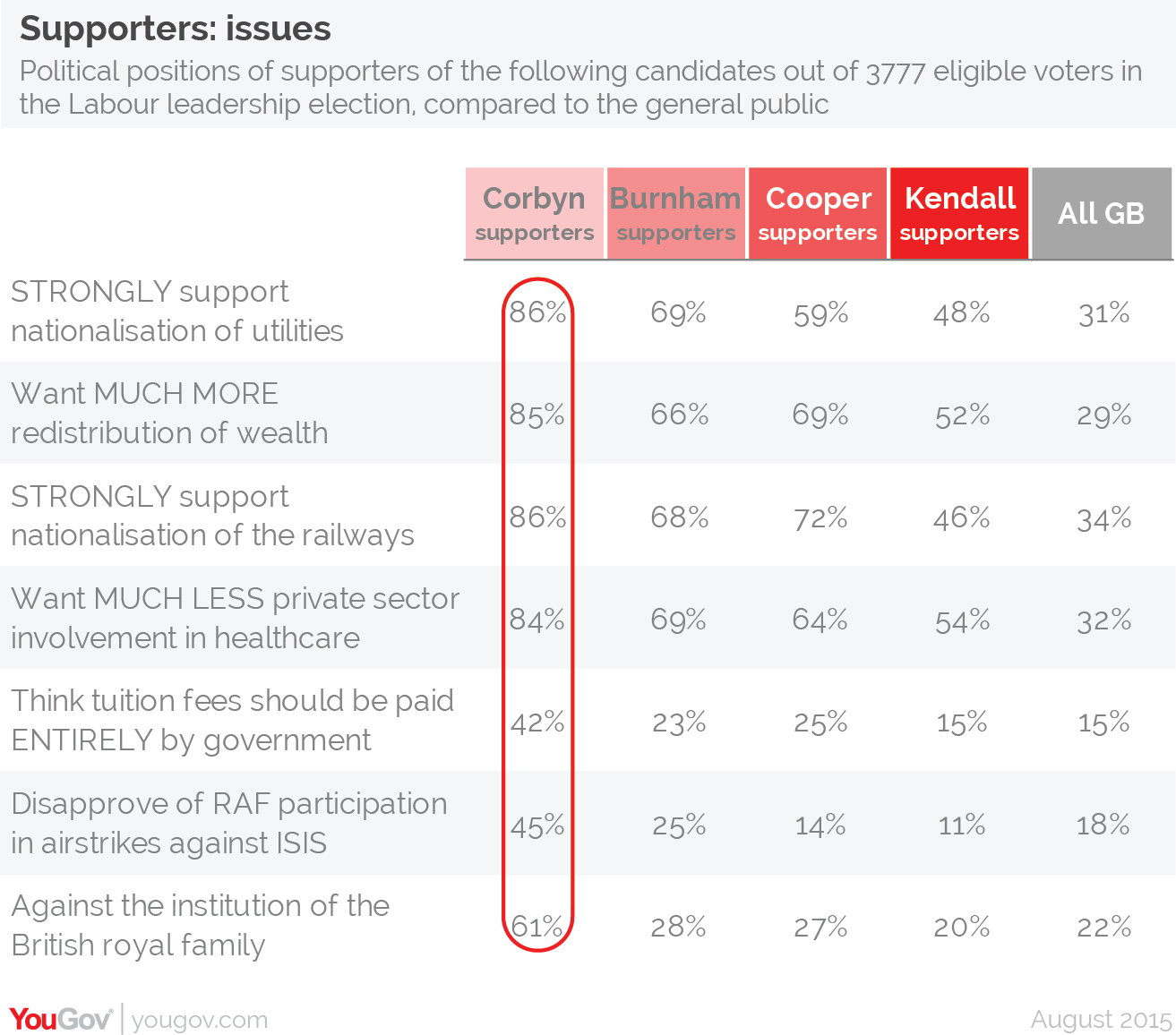Corbyn presents the arguments for female-only carriages.
HACKETT: WOMAN FILMED TRAIN PASSENGER MASTURBATING
A woman filmed a man pleasuring himself through his tracksuit bottoms as he watched her on a train, a court heard today (Weds).
Kearin Hackett, 20, touched himself as he took a Southern Railway train from London Victoria to Sutton, Westminster Magistrates Court heard.
The victim at first thought Hackett was trying to scratch as he tugged at his jogging bottoms, but then realised what he was doing.
He even followed the woman to a new different seat when she tried to get away from him, magistrates were told.
Hackett was detained when the witness complained to staff at Sutton station and showed them footage she had secretly taken of him on her mobile phone.
Today (Weds) he had no choice but to admit outraging public decency on 15 July this year.
Stella Waata, prosecuting said: ‘On 15 June at about 3.30 in the afternoon the victim boarded a train heading towards Sutton railway station.
‘She sat in the rear of the train carriage facing in the direction of travel with the carriage window to the left with three seats facing her.
‘Mr Hackett boarded the train, passed a number of empty seats and eventually sat down opposite her with the carriage window to the right.
‘He could have sat in a number of different seats that would have allowed him more comfort and leg room.’
She continued: ‘He was pulling at his jogging bottoms, the victim thought he was hot or sweaty or that he had an itch, but noticed he had an erection under his jogging bottoms and he was twitching his erect penis.
‘He then reached for his erect penis was his hand, he had his legs open and was clearly masturbating through his clothes.’
‘She was very anxious and disgusted.’
The victim remained frozen in her seat and even texted a friend asking her what she should do.
She took a short clip of Hackett touching himself on her mobile phone before getting up and changing seats.
Hackett followed her, sitting just behind, and carried on staring at her between the gaps in the seats.
Ms Waata said: ‘When she arrived at Sutton Station she told staff and he was subsequently detained.
‘He answered “no comment” to all questions put to him in interview except to say that he had no mental health conditions.’
Adjourning sentencing until 16 September, Chairman of the Bench Edward Lord said: ‘This case requires the probation service to prepare a report about you and about this offence.
‘It also looks at your previous offending behaviour and will recommend potential sentences for us to consider.’
He added: ‘If you fail to attend on that date that’s a criminal offence for which you could be fined, sent to prison or both.’
Hackett, or Norwich Road, Thornton Heath, Croydon, was granted bail on the condition he doesn’t use any Southern Railway services.
http://www.courtnewsuk.co.uk/?news_id=41815


